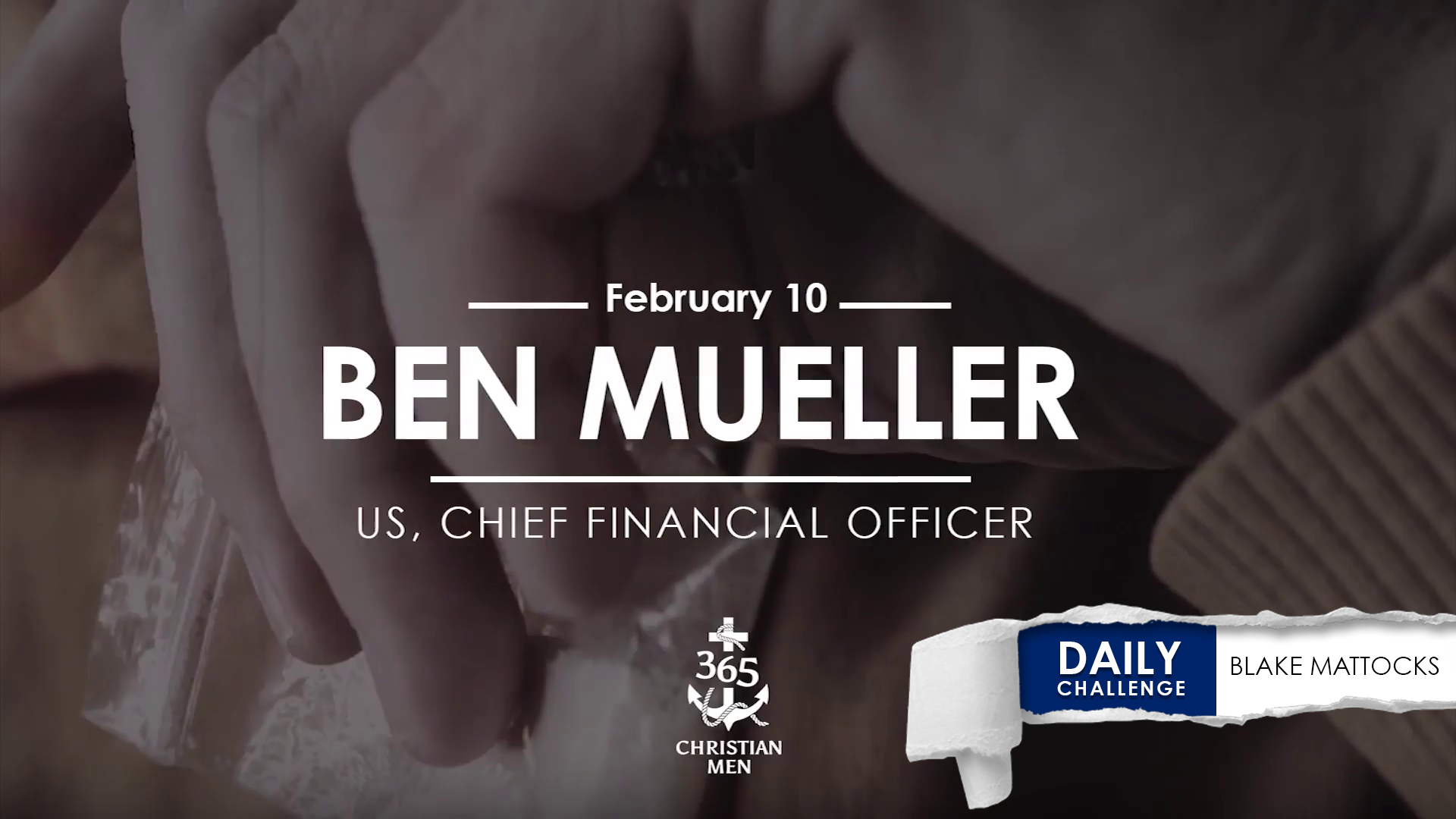February 11. John Clough. On this date in 1858, Clough was baptized into the family of Christ. He grew up to be an American scholar and farmer and then a missionary to South India.
In 1877 and 1878 Clough worked tirelessly in famine-relief work and with the Ongole mass movement—a welcoming into the body of Christ of people who have been outrageously oppressed by the religious, social, economic, and·moral standards and customs of India. These are outcasts, who are not allowed to enter the village, nor to worship in the village temple, nor to send their children to the village school. They are not even allowed to drink from the village well.
During one six-week period in 1878, Clough and his assistants baptized nearly 9,000 members of the Madiga community. He focused on villages and encouraged people ready to convert to Christianity to wait until some friends or a family member were ready to come too, that they might go through life as Christians in a community of Christians, though small. The churches he planted were served by pastors from among the native people, and Clough did all he could to provide ongoing support for the many, many new believers.
When God wants to free a people, a famine may be the way out.
In 1865, Clough and his family arrived in Nellore, South India. Clough—charismatic and friendly—soon befriended the Brahmin, the highest-ranking members of Telegu society.
The Brahmin included priests and scholars of their religious texts, and they had vowed never to kill a living thing. Soon one priest was baptized a Christian, and Clough hoped to lead many more to Jesus.
In the area lived another group of people: the Madiga—poor, aboriginal outcasts of Telegu society and leather workers by trade. The Brahmins despised them.
But now the Madiga were coming to Clough, and they too wanted to be baptized as followers of Jesus. But the Brahmin gave Clough an ultimatum. If he baptized the despicable Madiga, the Brahmins would no longer associate with him.
Clough didn’t want to offend the Brahmins, nor could he turn away the Madiga. He prayed about the dilemma for a long time.
The Lord spoke to him from 1 Corinthians 1:27: “But God chose the foolish things of the world to shame the wise; God chose the weak things of the world to shame the strong” (NIV).
Clough recognized that the Madiga were those “foolish things” and that God had chosen them for his own purposes. So he baptized the Madiga.
Deeply offended, the Brahmins wanted nothing to do with the God Clough preached.
Over the next ten years, Clough devoted himself to telling the Madiga about Jesus. He planted churches, built schools, and raised up Madiga believers as preachers and evangelists. Through Clough’s labors, several thousand Madiga believed in Jesus. The work was going well—until 1876, when the Great Famine struck.
A severe drought in the Deccan Plateau ruined most of the crops that fed South India, and now millions of Indians were starving. To get food supplies across South India faster, the British government decided to extend the Buckingham Canal by another five miles. A huge workforce was needed, and their salaries would be paid in food rations.
At this point, Clough could have given up and gone home to America. But instead, he accepted a contract from the British government to build a three-mile section of the canal. To accomplish this, Clough recruited thousands of starving Madiga. In return for their hard labor, he paid them in grain, ensuring their survival.
Clough employed thirty of his Madiga preachers as overseers for the canal workforce, each man responsible for a hundred workers. Whenever the Madiga laborers sat down for a break, the Madiga overseer preachers shared about Jesus with them.
As a result, the gospel of Jesus quickly spread through the worker groups, and in a short time, hundreds of Madiga were asking to be baptized. Clough told them to wait. He didn’t want fear of starvation or cholera to be their motivation for surrendering their lives to Jesus.
Two years later, when the famine ended, Clough summoned his workforce to meet him at a rest house in Vellumpilly, so he might reorganize them for their next task. But when he arrived, he found a vast number of Madiga who still wanted to be baptized. This time he could not refuse them.
On July 2, 1978, 3,536 Madiga were baptized. That year, Clough and his companions baptized 9,666 Madiga.
The Madiga community was turned upside down. They abandoned their old gods. And before he knew it, Clough’s church had 21,000 Madiga members.
Take a look at the hard things you’re facing right now. Could there be an assignment from God for you? When God wants to free a people, a famine may be the way out.
Carr, Floyd L., and Herbert Waldo Hines. John E. Clough: Kingdom Builder in South India. New York: Baptist Board of Education, 1929.
Rauschenbusch-Clough, Emma. John E. Clough, Missionary to the Telegus of South India: a Sketch. Boston: American Baptist Missionary Union, 1902.
Story read by Peter R Warren, https://www.peterwarrenministries.com/














